Blog and News
Check out helpful insights and inspiration from the UNW community.
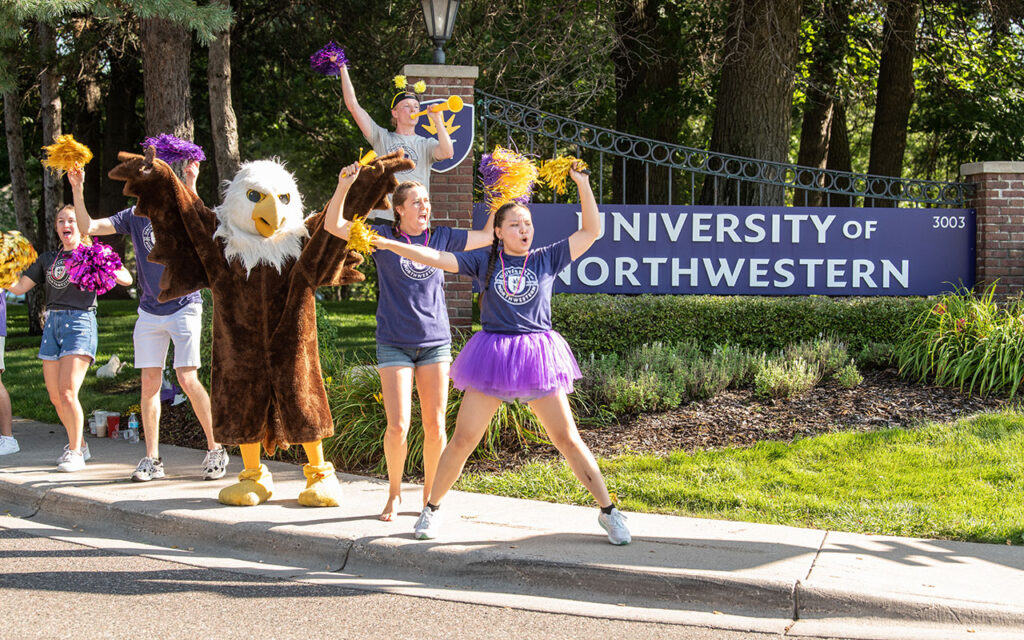
NEWS Student Experience, Academics, Community, Students
University of Northwestern – St. Paul Welcomes Record-Breaking Freshman Class
University of Northwestern – St. Paul welcomed its largest class since 2018 with a record-breaking 518 students.
Thursday, September 18, 2025

NEWS Community, Students
We Have a Common Goal of a ‘More Perfect Union’
Our nation’s founders envisioned the ideal of a “more perfect Union,” sustained by principles of justice, domestic tranquility, safety, the common good and liberty for all. While we have not always lived up to these…
Tuesday, September 16, 2025
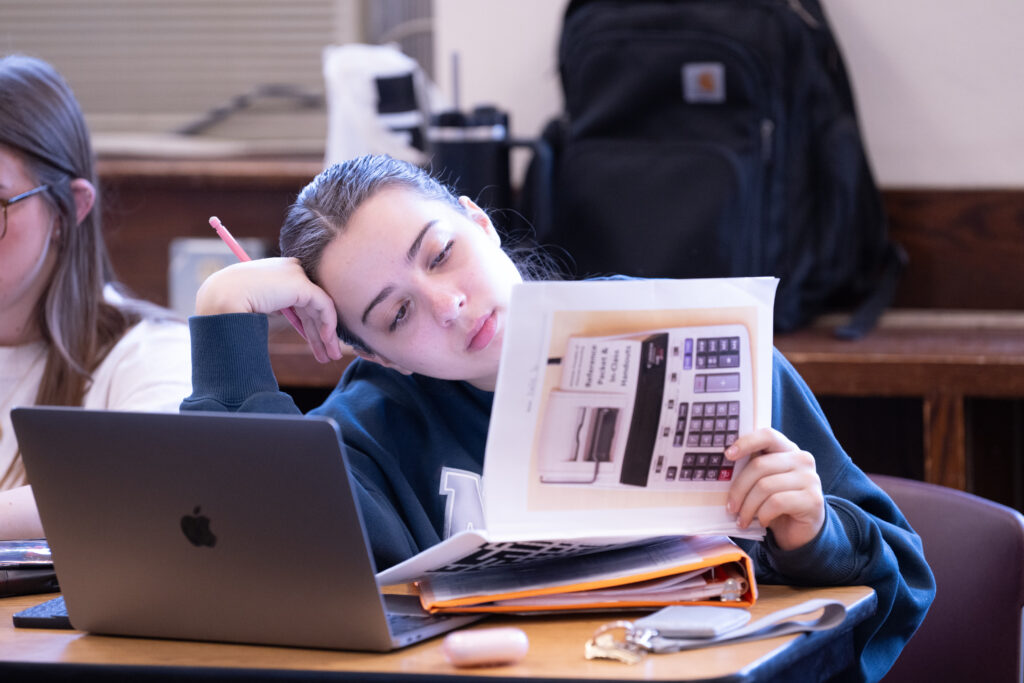
BLOG
Beating Distraction with the Pomodoro Method
Find it difficult to stay focused? You are not alone.1 The ability to focus is increasingly challenging. Incessant notifications, dopamine-rewarding media, and the myth of multi-tasking have degraded productivity and…
Friday, September 12, 2025

BLOG
Rooted in Christ: Ren’s Journey to Faith and Leadership
Meet Ren Hamann, a senior this year who is a beautiful example of Jesus’s love in action. Anyone who has a conversation with Ren will surely hear his praise of Jesus, regardless of the day or life circumstance that he…
Friday, September 5, 2025
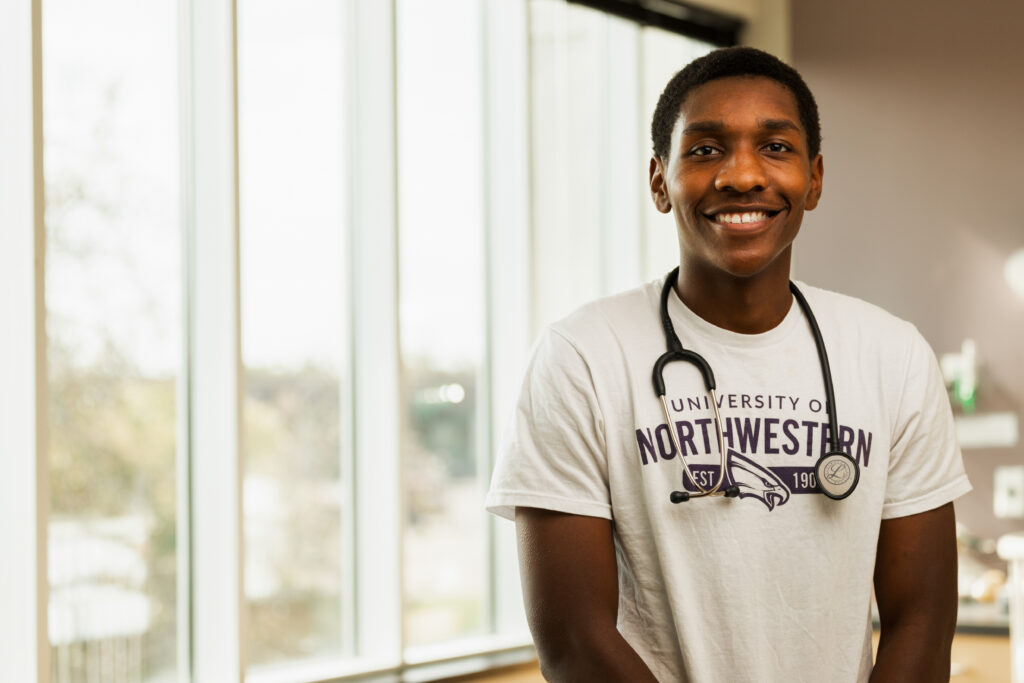
BLOG
The Value of a BSN in Today’s Complex Healthcare Environment
As the Baby Boomer generation ages, the healthcare system is facing increased demand for nurses capable of managing complex chronic conditions, coordinating interdisciplinary care, and leading quality improvement initiatives. A Bachelor of Science in Nursing (BSN) is increasingly…
Friday, August 29, 2025
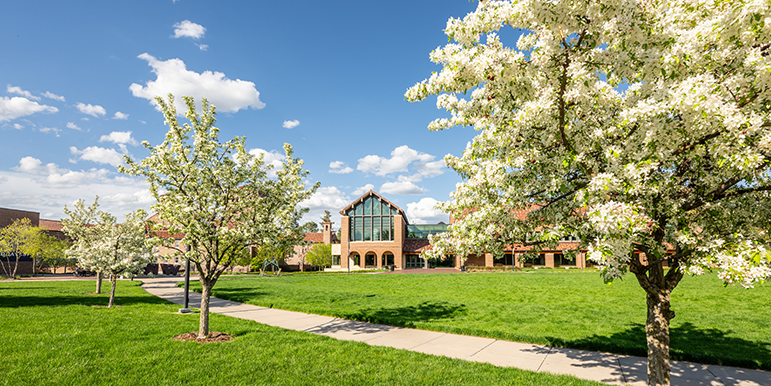
NEWS Academics, Community, Students
Federal Judge Rules 2023 State PSEO Amendment Unconstitutional
The Honorable Nancy E. Brasel, U.S. District Judge for the District of Minnesota, issued her ruling in the Loe v. Jett case late Friday.
Saturday, August 23, 2025
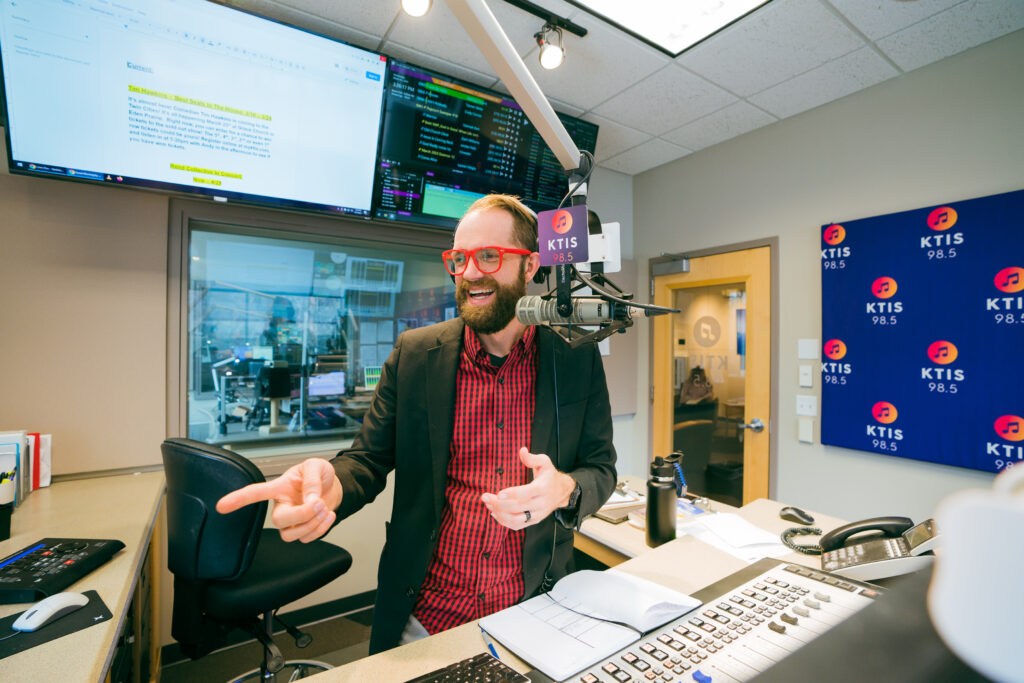
BLOG
Northwestern Media: From 1949 into the Future
Big growth always has to start with a first step—and it may be the most important one you’ll ever take. Here is Northwestern Media’s story of how one step started a dynamic media ministry! The History of KTIS and Northwestern Media For Northwestern Media,…
Friday, August 15, 2025
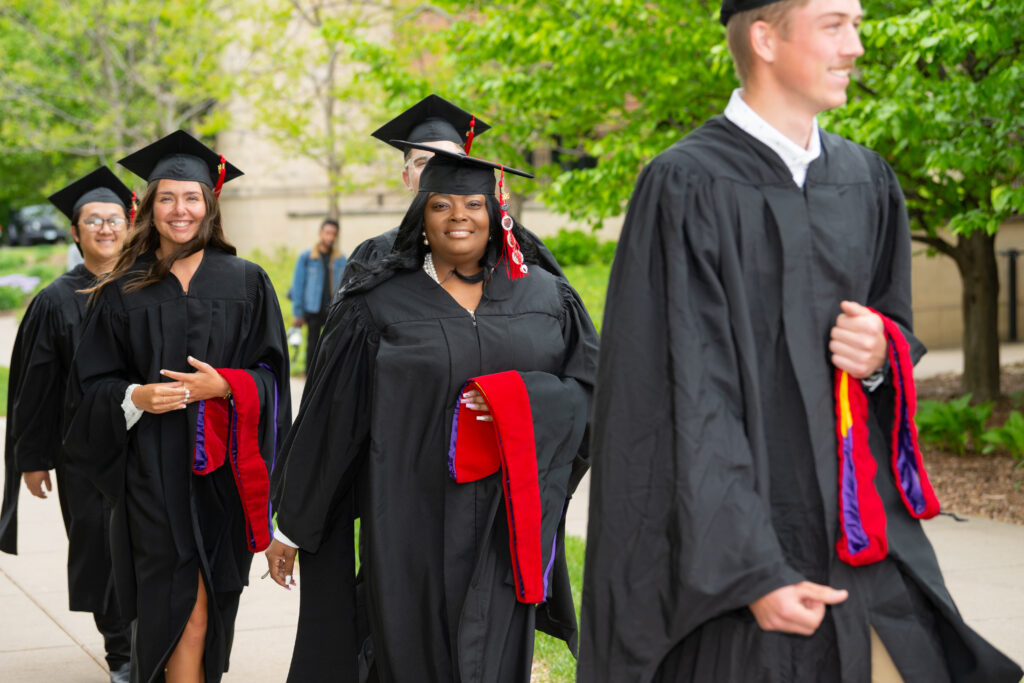
BLOG
Why Earning a Graduate Degree is Worth It
Considering earning a graduate degree? Wondering if it’s worth the time and effort? Whether you are looking to advance your career, achieve a boost in your education, expand your knowledge, or all of the above, pursuing a graduate degree can be the next crucial step in finding your…
Friday, August 8, 2025

BLOG College Preparation, Parents, Students
Details to Add to Your Calendar This Fall
Fill your calendar for the fall with campus visits, deadline reminders, and Twin Cities events.
Friday, July 25, 2025
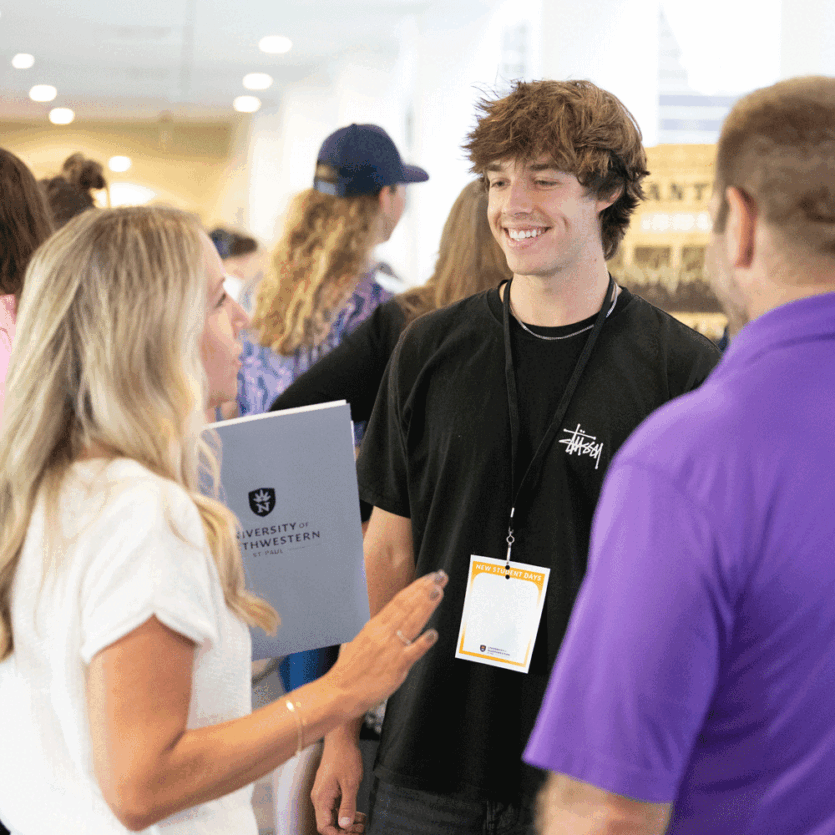
BLOG
10 Things to Prep for College this Summer
The summer before college is exciting—and sometimes a little weird. You’ve crossed the finish line of high school, but college hasn’t quite begun, and the support systems you relied on might not be available anymore….
Friday, July 18, 2025

BLOG
10 Things to Do in the Twin Cities This Summer
Whether you are staying on campus this summer, a local, or just coming for a visit, the Twin Cities has no shortage of local gems to explore with family and friends. Here a list of ten things to do around Minneapolis…
Friday, July 11, 2025
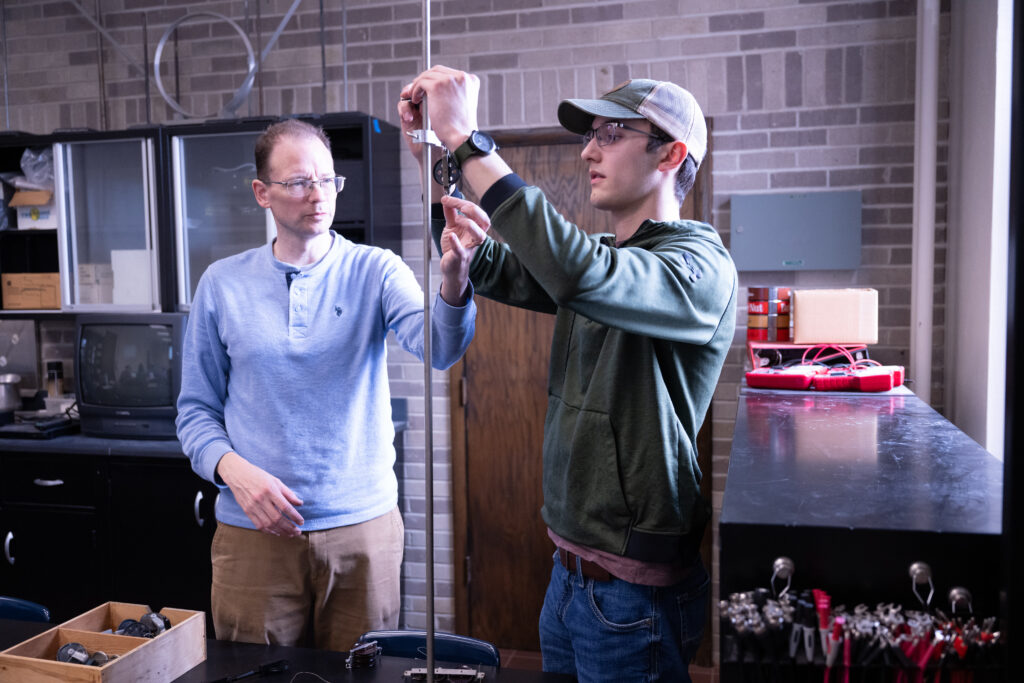
BLOG
UNW Engineering Program Strives to Meet the Demands of Minnesota Industries
The mission of University of Northwestern – St. Paul (UNW) engineering program is to prepare graduates to be leaders who can coordinate a multidisciplinary team to research, design, and implement solutions.
Friday, July 4, 2025

BLOG Student Experience
More Than a Degree: Top 5 Ways to Maximize Your College Journey
A complete university experience features a vibrant life outside the classroom setting. Student life includes active participation in our community. Students at Northwestern are encouraged to pursue wholistic wellness…
Friday, June 27, 2025
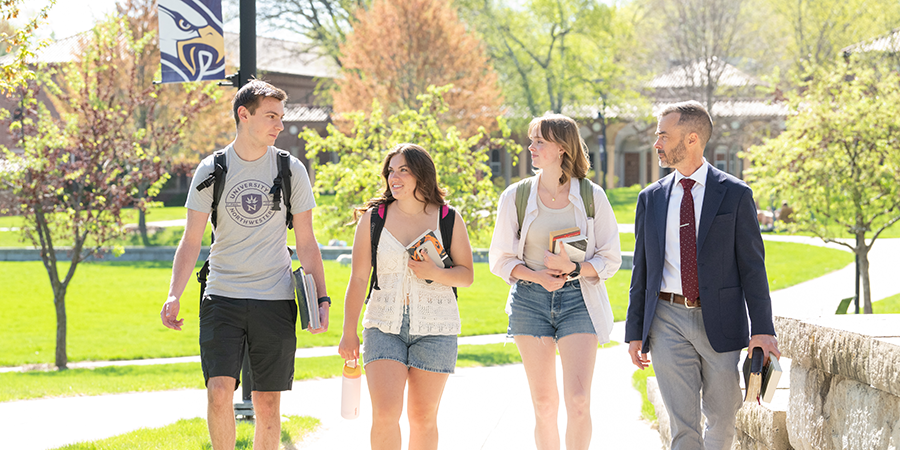
BLOG Academics, Career & Leadership Development
Three reasons why you shouldn’t rush your college education
Consider they why behind spending the time to earn a traditional four-year degree in a classical Christian environment.
Friday, June 13, 2025

BLOG Alumni
Return. Relive. Renew.
“I thank my God in all my remembrance of you,” These words from Paul in Philippians 1:3 (ESV) reflect his deep love for the people God had placed in his life. He wrote them while longing to be reunited with fellow believers. How often do you think about the people…
Friday, June 6, 2025
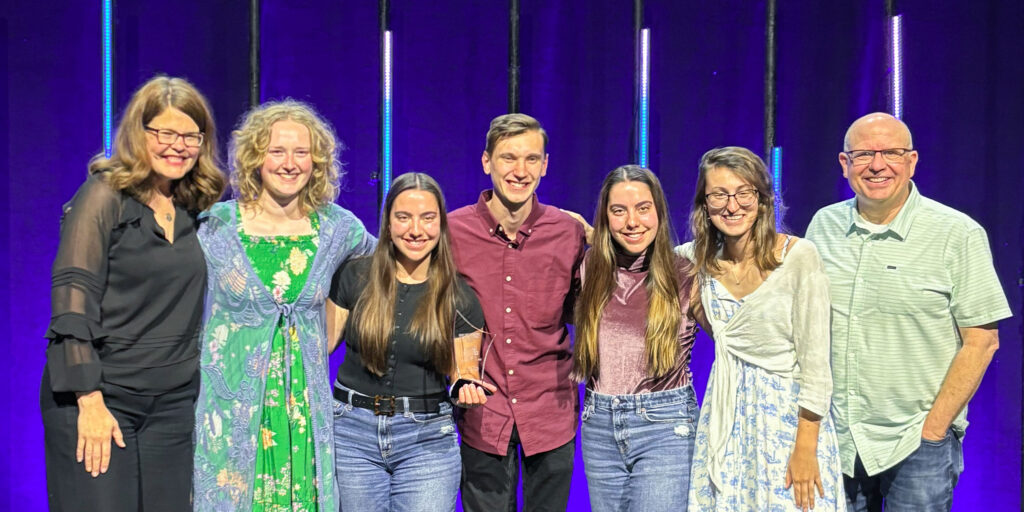
NEWS Academics, Career & Leadership Development, Northwestern Media
University of Northwestern – St. Paul’s theMEL awarded Christian Music Broadcasters’ University Radio Station of the Year
ST. PAUL, Minn., May 30, 2025 – University of Northwestern – St. Paul’s theMEL.fm has been named the recipient of Christian Music Broadcasters’ (CMB) University Radio Station of the Year award. The station received the honor at CMB’s annual Momentum conference in Orlando in May….
Monday, June 2, 2025
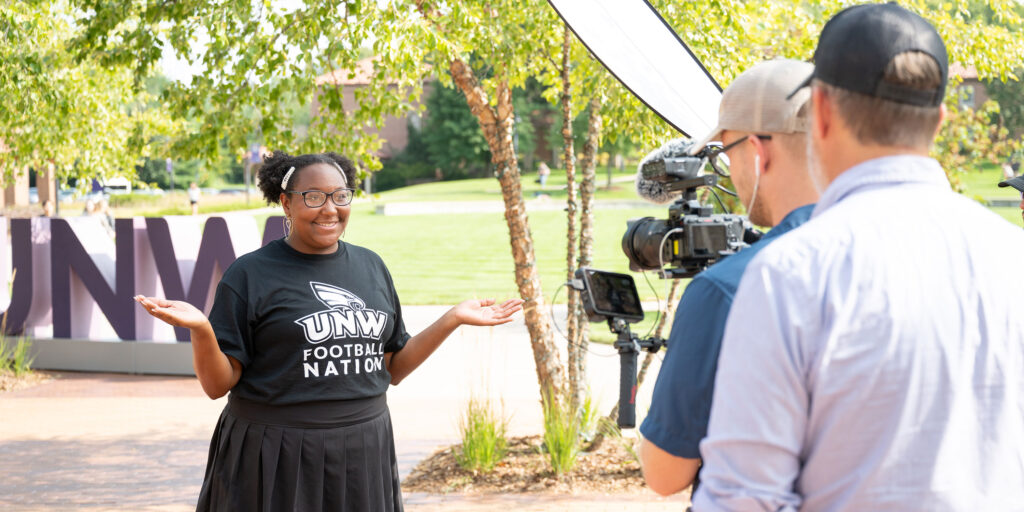
NEWS Alumni, Student Experience, Students
University of Northwestern – St. Paul Featured in Season 14 of The College Tour Now on Amazon Prime Video
University of Northwestern – St. Paul is featured on the first episode of season 14 of The College Tour on Amazon Prime Video.
Friday, May 30, 2025

BLOG
Interdisciplinary 101: Designing Your Own Major at UNW
If choosing a college major feels overwhelming—or if you’re the kind of student who lights up about several subjects, not just one—you’re not alone. At the University of Northwestern – St. Paul, we often work with…
Friday, May 23, 2025
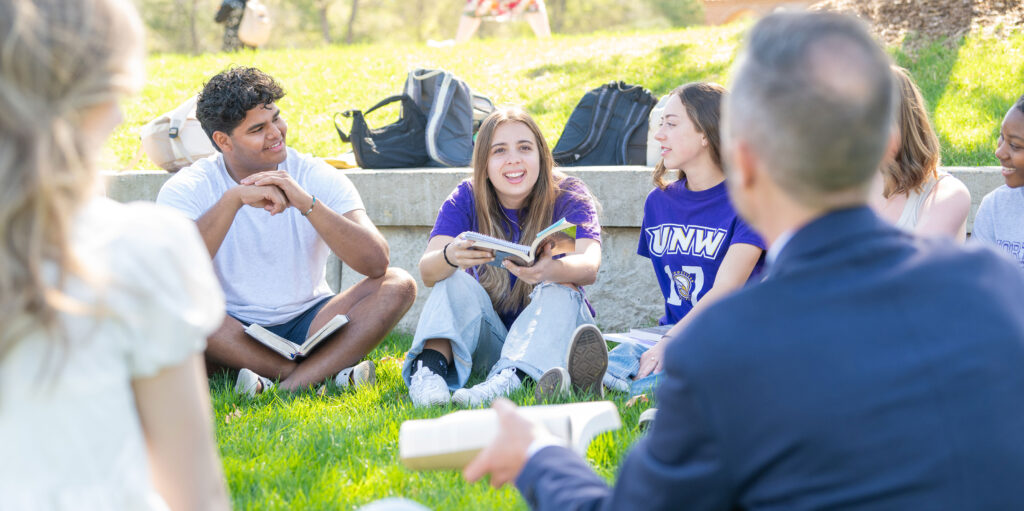
NEWS Academics, Faculty
University of Northwestern – St. Paul Welcomes New Faculty for the Classical Christian Honors College
Northwestern is pleased to announce the hiring of Dr. Clinton Collister to the faculty of the Classical Christian Honors College (CCHC).
Tuesday, May 20, 2025
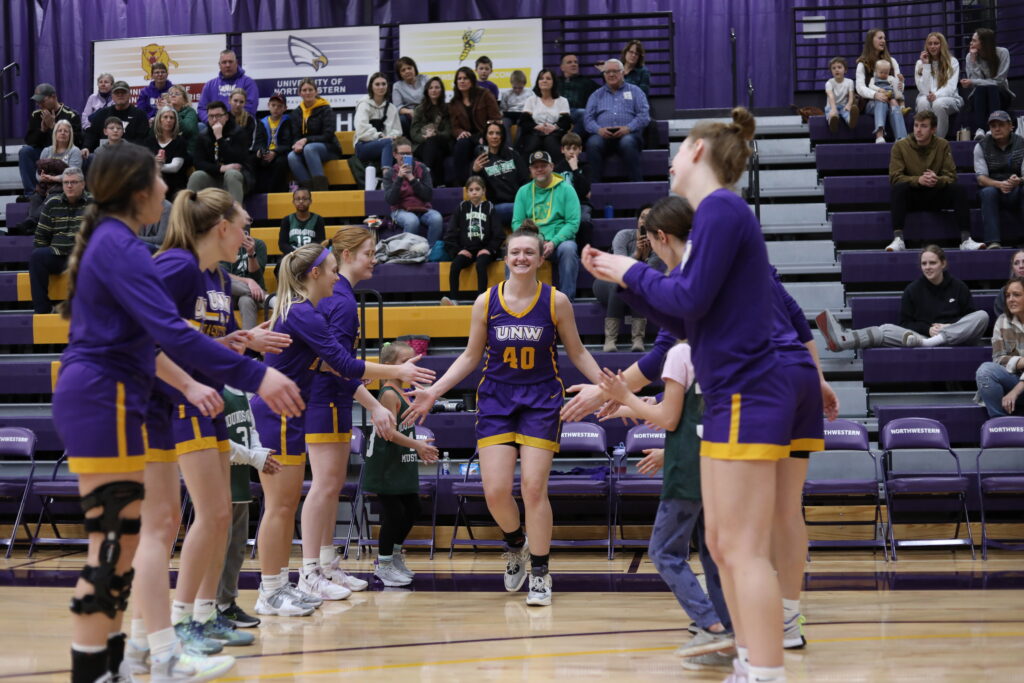
BLOG
Loving the Game, Living the Mission: The Power of Division III Athletics
For me, being a Division III athlete was a really special and unique experience. Those years not only shaped me as an athlete, but they also shaped me into the person I am today.
Friday, May 16, 2025
Showing 1-20 of 315 results